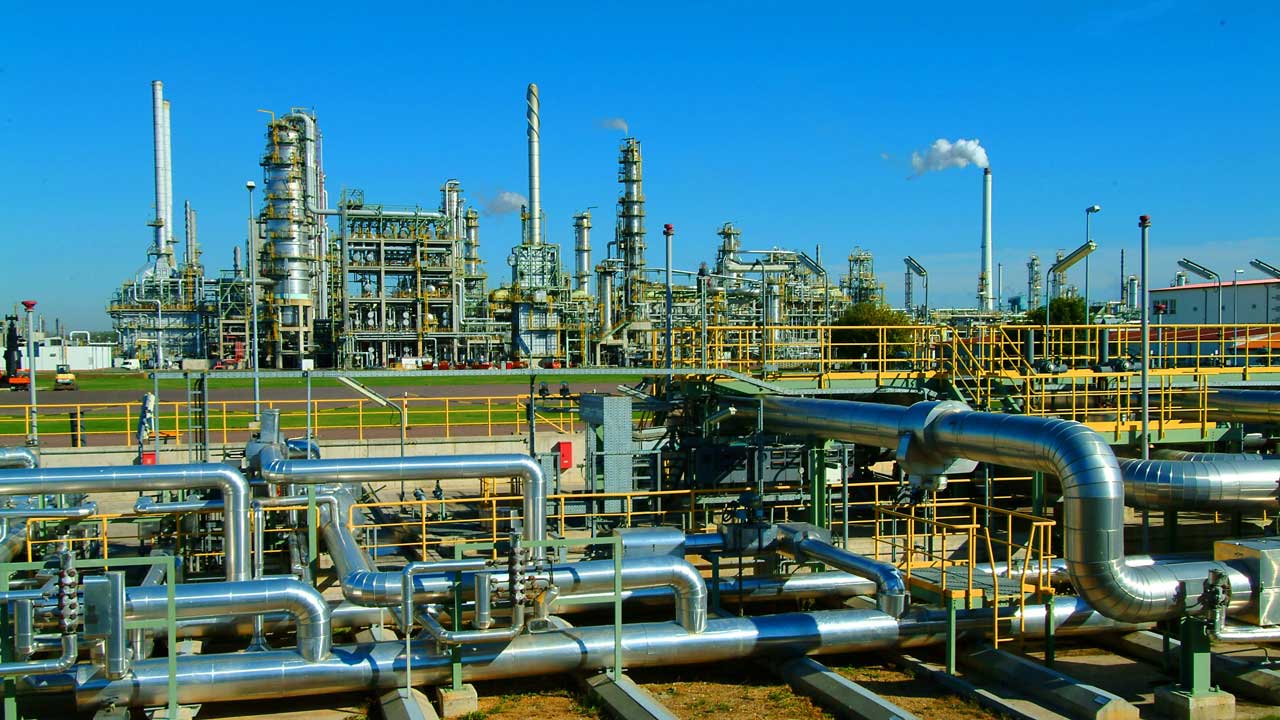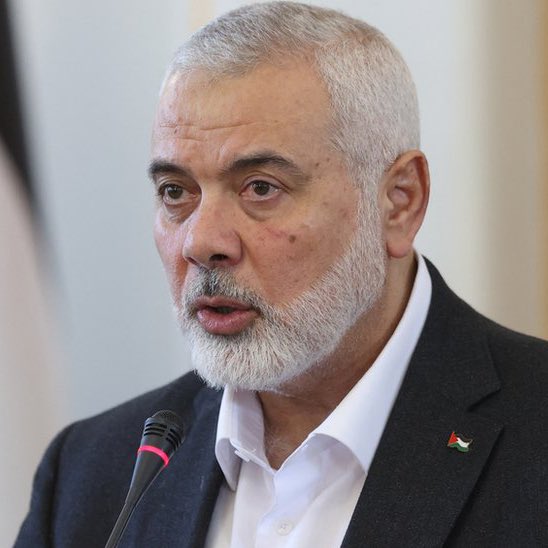The Federal Government has intensified its efforts to ensure a smooth implementation of President Bola Ahmed Tinubu’s directive for the sale of crude oil to local refineries in Naira. On Monday, a strategic meeting was held in Abuja, bringing together key stakeholders including the Nigerian National Petroleum Corporation Limited (NNPCL) Group Managing Director Mele Kyari, and other top officials from the petroleum and financial sectors.
The meeting, convened by the Minister of Finance and Coordinating Minister of the Economy, Wale Edun, included the Minister of State for Petroleum Resources (Oil), Heineken Lokpobiri, the Executive Chairman of the Federal Inland Revenue Service (FIRS), Zacch Adedeji, and Lydia Jafiya, Permanent Secretary of the Ministry of Finance.
The Federal Executive Council (FEC) had earlier, on July 29, approved President Tinubu’s proposal for the NNPCL to stop selling crude oil to local refineries in foreign currency. Instead, 450,000 barrels meant for domestic consumption would now be sold in Naira. This decision aims to stabilize the pump price of refined fuel and manage the dollar-naira exchange rate.
A statement by Mohammed Manga, Director of Information and Public Relations in the Finance Ministry, highlighted that the discussions focused on resolving longstanding challenges in the petroleum sector that have hindered Nigeria’s oil industry, particularly concerning refining capacity and financial stability.
Edun expressed optimism about the initiative, emphasizing that the collaboration among stakeholders would be key to its success. He noted that the Naira-based crude sales would empower local refineries, stimulate economic growth, and transform the nation’s petroleum industry.
“This groundbreaking initiative will empower local refineries, stimulate economic growth, and redefine our nation’s petroleum landscape,” Edun stated.
The initiative is expected to bolster the operations of local refineries, including the Dangote Refinery, and contribute to strengthening the domestic economy. The meeting underscored the importance of the collective efforts of all parties involved to ensure the directive's objectives are achieved.




